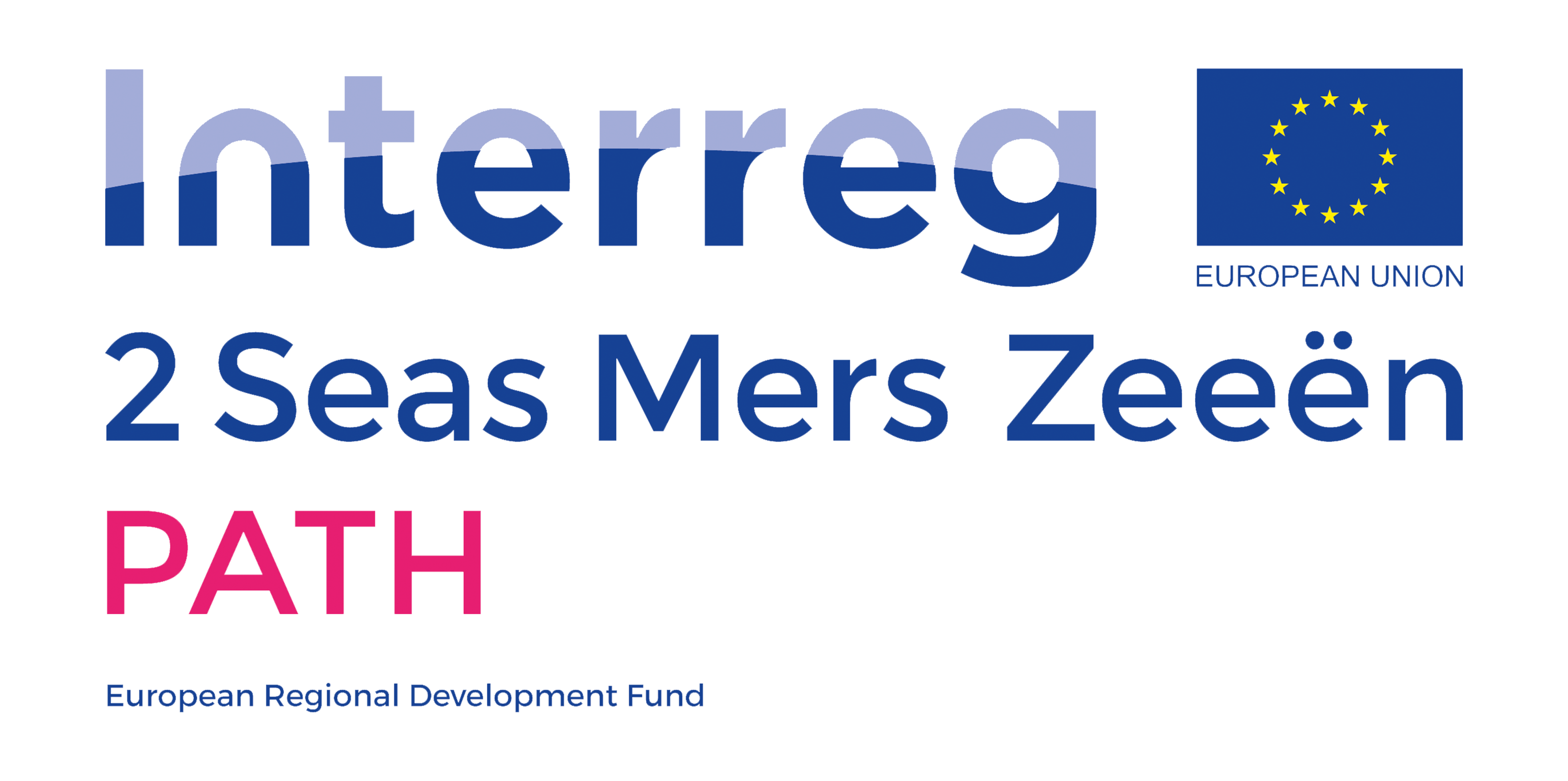
Postnatal Depression
“A type of depression that many parents experience after having a baby. It’s a common problem, affecting more than 1 in every 10 women within a year of giving birth. It can also affect fathers and partners”.
It’s not just postnatal depression, dads and partners can also suffer with post traumatic stress disorder (PTSD), perinatal obsessive compulsion disorder (OCD) and psychosis.
The facts
What to look out for and ask about
The outcomes if left untreated
Treatments to consider
Further reading and signposting for parents
NHS web pages:
Mind web pages:
Articles and videos:
The Guardian online article: Men get postnatal depression too
Mark Williams’ TEDx talk: The importance of new fathers’ mental health
Dr Anna Machin’s TEDx talk: We need to change the conversation about fathers
Signposting for patients:
References
National Library of Medicine online article: Prenatal and postpartum depression in fathers and its association with maternal depression: a meta-analysis (Paulson & Brazemore, 2010)
National Library of Medicine online article: Risk of suicide and mixed episode in men in the postpartum period (Quevedo et al, 2010)
Sarkadi, A. Kristianssonm R. Oberklaid, F. and Bremberg, S, (2008) Fathers’ Involvement and Children’s Developmental Outcomes: A Systematic Review of Longitudinal Studies. Acta Paediatrica 97(2):153-8
Dadpad website
Movember website
